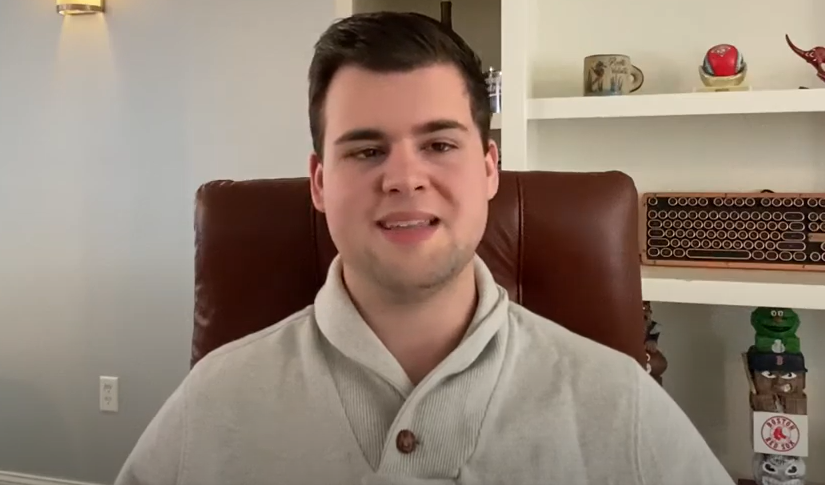Young Americans know plenty about topics that their parents don’t understand (Tik-Tok, anyone?), but the average new worker probably knows little about health savings accounts. That’s understandable: They didn’t grow up hearing anyone talk about HSAs.
HSAs have been around since the mid-2000s, but it’s only been in recent years that this type of account has really taken off. In 2019, the Employee Benefit Research Institute reported that 71 percent of the HSAs in its database had been opened since 2015. While still relatively new to the market, health savings accounts represent a powerful saving opportunity for young workers. Opening an HSA is a way to put aside money for out-of-pocket medical expenses—and if they stay relatively healthy, to grow that money instead of spending it.
How HSAs Work
HSAs work in conjunction with high-deductible health plans. The idea is to save money by paying a relatively low premium, then putting money in a dedicated account to pay for any medical costs that insurance doesn’t cover because the high deductible hasn’t been met. If you have an HSA, your employer may contribute to it, but you control the account and decide how you use it. And because an HSA isn’t tied to a specific employer the way your health insurance plan may be, you can keep the account active no matter your employment situation.
One of the reasons that HSAs are so attractive is their triple tax benefits. The money you put into the account, any interest you earn on that money, and withdrawals for qualified healthcare expenses are all tax-free. (If you need to withdraw money from your HSA for any reason other than qualified medical expenses, you can—but these distributions are taxable. The IRS will impose a 20 percent penalty on whatever you take out.)
So what are qualified expenses? IRS Publication 502 gives an extensive overview of deductible medical expenses, which HSA account holders can use for reference. HSA funds can be used to pay for copays, prescription medications, insulin and other medical costs; per the 2020 CARES Act, over-the-counter medications and feminine care products are now eligible too. Your HSA may be used to cover qualified medical expenses for you, your spouse and any dependents you have.
Why HSAs Make Sense For Young People
The power of time and the magic of compound interest make HSAs an attractive choice for young people. The earlier you are when you open an HSA, the more time that money will have to grow and earn interest. Your exact earnings will depend on various factors, including how much you contribute, how much you need to spend, and your rate of return. A 25-year-old who adds $1,000 to their HSA per year and doesn’t spend it could, after 30 years, turn $30,000 in contributions into $70,000 or more.
The portability of an HSA is another boon for young workers. It’s a way to make sure that they have money earmarked for necessary medical care, even if they change jobs frequently or work in the gig economy. With HSAs, young workers who don’t have stable long-term employment can still have a consistent source of funds for necessary medical care.
HSA Considerations
An HSA is not the right savings vehicle for everyone because of the high-deductible health plan requirement. If you’re generally healthy and rarely incur significant healthcare costs, a high-deductible plan may be a good fit. Assuming you continue to stay healthy, your high deductible won’t be relevant because you won’t come close to reaching it, and you’ll save money by paying lower premiums each month. That extra cash can go into the HSA to pay for whatever insurance won’t.
Alternatively, a young person who has substantial healthcare needs and routinely surpasses their deductible may also be a strong candidate for an HSA. Someone in this situation will spend a lot of money on healthcare each year, whether they have a low premium and high deductible or the reverse. An HSA at least allows them to reap some tax advantages for some of those dollars. But someone in this situation does need to think strategically about whether an HSA is the right fit.
There are also some eligibility requirements. In addition to having a high-deductible health plan, you must be younger than 65 and not be a dependent on someone else’s most recent tax return. Your high-deductible plan may be the only health coverage you have. If you’re covered by your spouse’s insurance plan, for example, you’re ineligible for an HSA. Does an HSA make sense as a savings vehicle for you? Sachetta Callahan is here to help you make the financial decisions that align you with your goals. Contact Sachetta, LLC to learn more.


